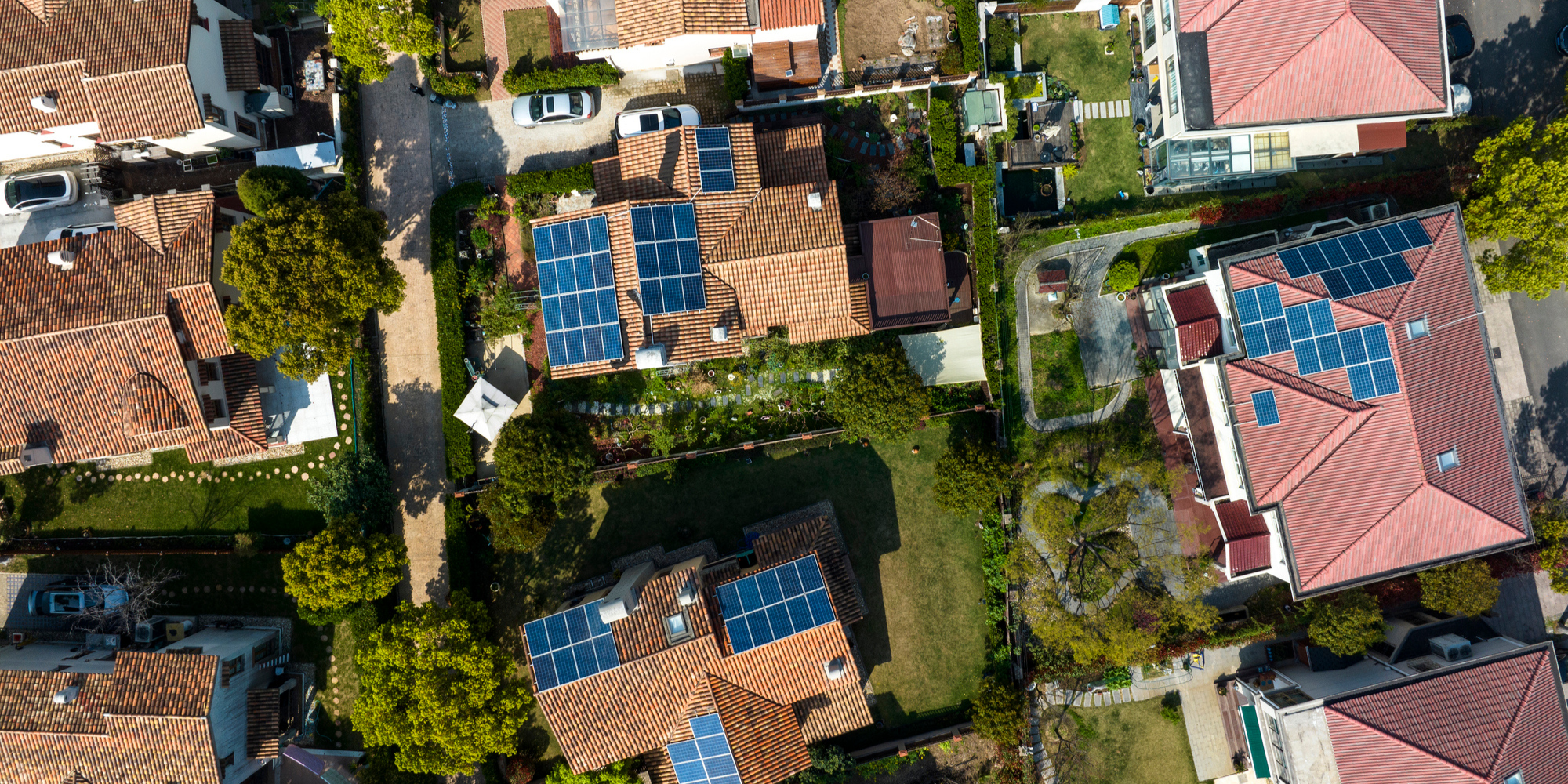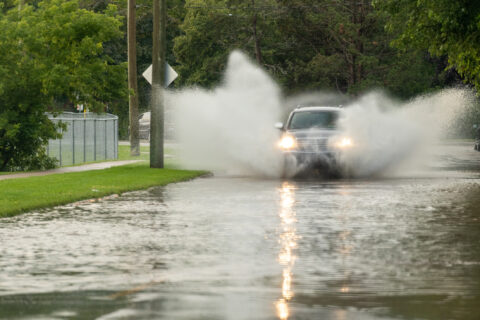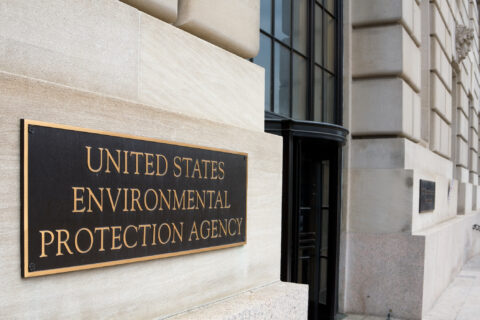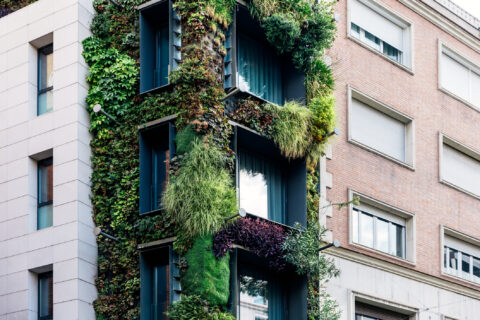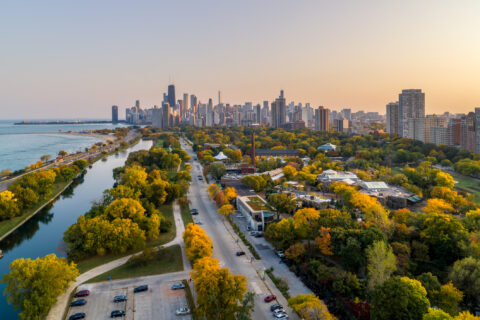The U.S. Department of Energy (DOE) announced additional resources and funding for communities under the Energy Efficiency and Conservation Block Grant (EECBG) that are particularly geared toward smaller communities.
The EECBG is designed to assist states, local governments and tribes in planning and implementing programs and policies to reduce energy use, reduce fossil fuel emissions and improve energy efficiency. The Bipartisan Infrastructure Law directed $550 million to the EECBG program. Learn more about eligible uses for EECBG funds, state-local partnership opportunities and project ideas.
Funding Opportunity Announcement for the EECBG Competitive Grant Program
The EECBG Competitive Program will award $8.8 million in funding to cities, counties, towns, state-recognized tribes—or teams of these communities—that were ineligible for the EECBG formula grants based on their population. As with the formula funding, recipients can use the EECBG to support a wide variety of projects that lower energy costs, reduce carbon emissions and energy use, and improve energy efficiency.
The EECBG Competitive Program is an opportunity for smaller communities to access funds for clean energy. Per statute, DOE will prioritize applicants from states with populations of fewer than two million people as well as proposed projects that will result in significant energy efficiency improvements and fossil fuel reduction in disadvantaged communities. Applicants are encouraged to apply in teams to maximize the impact of program funding.
Further, selected communities or teams will benefit from several technical assistance opportunities, including eligibility for a DOE-sponsored, full-time fellow to support their EECBG project.
Interested communities can begin the application process by submitting a short concept paper to DOE by Monday, June 5, 2023. DOE will review the concept papers and either encourage or discourage applicants to submit a full application. Applicants may submit a full application regardless of whether they are encouraged or discouraged to do so. Full applications are due Monday, July 31, 2023. For more information about the EECBG Competitive Program, visit the EECBG Competitive Grant Hub.
DOE will host a webinar with information about the competitive grant structure, design and application process at 2 p.m. (ET) Monday, May 15, 2023. The webinar will be recorded and available online.
Small communities below the EECBG formula funding threshold also may be eligible to apply through their state for grants. Through the program, states receive a formula allocation and are required to pass 60 percent of their funding to smaller communities that are not eligible for direct allocations. The process and timeline for these state funds will vary and likely will be available by mid-2023.
Formula Grantees: Vouchers, Blueprints and Technical Assistance Available
DOE heard a lot of feedback, including from NLC, about the need to streamline the EECBG program and application process for small local governments. To that end, a new EECBG program feature is the ability to exchange a formula grant allocation for a voucher for either technical assistance or an equipment rebate. Choosing this route streamlines the application process and reporting requirements for communities. Additional information on the voucher program will be forthcoming from DOE.
DOE strongly encourages local governments to consider the voucher option for their formula award if:
- Entity has limited or no experience managing federal grant awards
- Entity has limited internal staff or local capacity to manage an EECBG Program formula grant over multiple years
- Entity is receiving an allocation of $250,000 or less.
Second, DOE has newly published project blueprints, which serve as step-by-step guides for EECBG Program grantees to streamline their administrative and procurement processes on success-proven projects. Five of 13 project Blueprints have been published, and more will be available in Spring 2023. The blueprints span a wide variety of topic areas: energy planning, efficient buildings, renewables, electric transportation, finance and workforce. These recommended activities are pre-determined as eligible uses of EECBG program funding.
Eligible entities that pursue blueprint project areas will benefit from accelerated application review times, additional technical assistance support and the opportunity to join a community of practice with other governments and tribes.
Finally, DOE has launched a EECBG Program Technical Assistance website, where communities can find various opportunities for direct support, collaboration and more. This technical assistance is available to formula grantees regardless of whether the voucher option is chosen. In addition, these assistance opportunities will support communities via peer networks and cohort-based learning, expert assistance in problem solving, document templates, and more, to help meet specific needs of individual communities.
DOE has is offering webinars that may be helpful to communities.
- Formula Grant Technical Assistance Webinar | 3 p.m. (ET) Thursday, May 4, 2023. Hear from DOE about the range of technical assistance available from DOE to manage EECBG Program awards and enhance their impacts. Register here.
- Justice40 Webinar | 3 p.m. (ET) Thursday, May 11, 2023. Learn how to incorporate energy justice into your EECBG program goals. Register here.
Example projects include regional clean energy strategic plans, investments in distributed energy technologies, or cross-municipal weatherization-based workforce development programs. The following case studies highlight examples of communities that have implemented projects that would be eligible for EECBG project funding.
Rock Hill, SC established of financial incentive programs for energy efficiency improvements. Rock Hill’s residential electric customers can achieve energy and home maintenance savings through the SmartChoice customer incentives program. SmartChoice offers cash rebates, low-interest loans and an “all-electric” billing rate. Rock Hill also established a “Smart Switch” program that installs devices that control the flow of energy during peak demand.
Huntington, WV developed and implemented of energy efficiency and conservation programs for buildings and facilities utilizing an innovative financing mechanism that enables the future savings of energy efficiency to pay for building and efficiency upgrades.
Johnson City, TN purchased and implemented technologies to reduce, capture and use landfill gas. The Iris Glen Landfill Gas to Energy Facility provides energy for the Veterans Administration Hospital.
Need Assistance?
Send questions on technical assistance technicalassistance@hq.doe.gov.
For general EECBG questions, email eecbg@ee.doe.gov.
